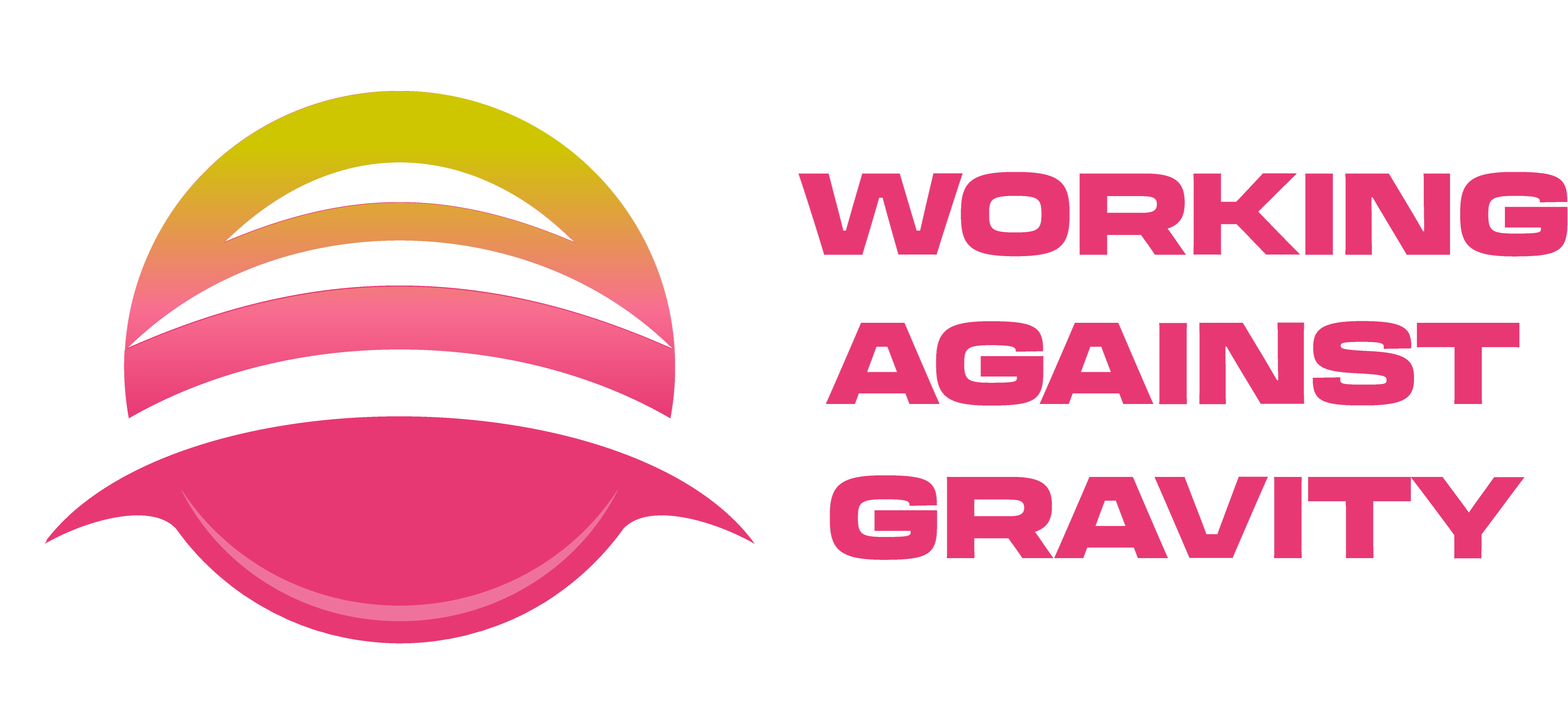19.Eighty five - Limits manufacturing in regional and group commercial zones to indoor production, and also limits processing in regional and שולחנות לסלון group business zones to packaging and labeling of usable marijuana. Cultivation and processing shouldn't be seen nor smelled from a public place or the non-public property of another housing unit. Local governments could reduce the 1,000 feet buffer to 100 toes round all entities besides elementary faculties, secondary schools, and public playgrounds by enacting an ordinance authorizing the space reduction. 20.72.020 - Reduces buffers to 500 ft for researchers, processors, and producers (not retailers) for baby care centers, arcades, libraries, ספות יוקרה איטלקי מעצבים (ofirlist.com) public parks, public transit centers, and rec. With the passage of Initiative 502 in 2012, the state of Washington moved to a complete regulatory approach on cannabis (marijuana), with state-licensed producers, processors, and retailers. There are various viewpoints about whether or not state regulation permits such rules. Some jurisdictions, equivalent to those beneath, have adopted ordinances that limit the variety of retail cannabis enterprise licenses/shops at a number under what the LCB allows. The 1,000 toes buffer distance should be measured as the shortest straight line distance from the property line of the proposed business location to the property line of any of the entities listed above.
Keeps 1,000 foot buffer for other entities (faculties, and many others.). Olympia Ordinance No. 7046 (2016) - Reduces retail buffers to 500 toes except for elementary and secondary schools which stay at 1,000 feet. Shoreline Ordinance No. 735 (2016) - Incorporates improvement laws regarding cannabis retail, processor, and producer businesses, as well as medical cooperatives into the city’s unified development code. The statutes on "collective gardens" have been repealed effective July 1, 2016 and replaced by a statute authorizing "cooperatives" for the growing of cannabis for medical use (RCW 69.51A.250). The statutes on cooperatives are more restrictive than the prior collective gardens provisions. Othello Ordinance No. 1473 (2016) - Prohibits manufacturing, processing, and retailing, and features a clause allowing possession or use for personal consumption as allowed by the Revised Code of Washington. Newport Municipal Code Sec.17.03.140 - Requires that amenities associated with cannabis manufacturing, ספות מעצבים processing, transportation and/or sale purchase a conditional use permit in the industrial zone.
Below are examples of ordinances that undertake language addressing cannabis transportation businesses. Pomeroy Ordinance No. 880 (2015) - Adopts license regulation prohibiting businesses that don't comply with federal regulation. Anacortes Ordinance No. 2989 (2016) - Amends municipal code prohibiting cooperatives in all metropolis zones and replaces Ordinance No. 2985 (2016) which prolonged a moratorium on cooperatives. The record beneath supplies examples of jurisdictions which have prohibited cannabis companies either by an outright ban or via different native enactments, corresponding to adopting licensing regulations prohibiting businesses that do not adjust to federal laws. All cannabis licensing is regulated and enforced by the Washington State Liquor and Cannabis Board (LCB). Cities, towns, and counties can also file objections to the granting of a state license at a specific location and the Liquor and Cannabis Board should "give substantial weight to objections," however it is still as much as the LCB to make the state license choice.
The state Liquor and Cannabis Board (LCB) has a Cooperatives FAQs page. However, LCB has last authority over whether to grant or deny a state license to operate a cannabis enterprise in Washington State. 5.04.170(B) - Provides that every business licensee should comply with all federal, state, and metropolis statutes, laws, rules, and ordinances relating to the business premises and the conduct of the business thereon. Renton Ordinance No. 5816 (2016) - Limits the number of retail business licenses to not more than five. Through the state company rulemaking process the Liquor and Cannabis Board has adopted regulations on the maximum number or retail store licenses that shall be issued for every county, and for among the cities and towns in every county. Town shall overview the utmost variety of retail shops allowed earlier than June 1, 2018, to find out whether or not this maximum quantity should be changed. Some jurisdictions have enacted total prohibitions, while others have allowed cannabis businesses in appropriate zoning districts (retail cannabis companies in retail zones, outside cannabis manufacturing in agricultural zones, and indoor cannabis production and processing in industrial zones).


